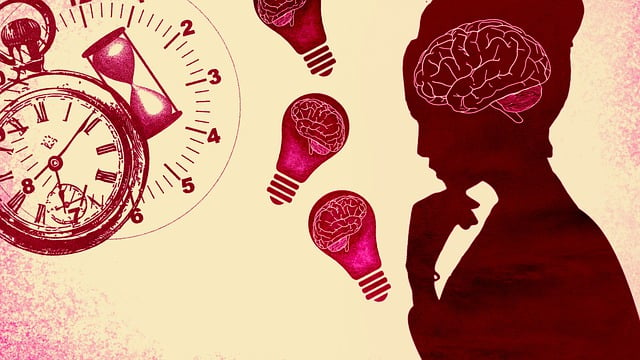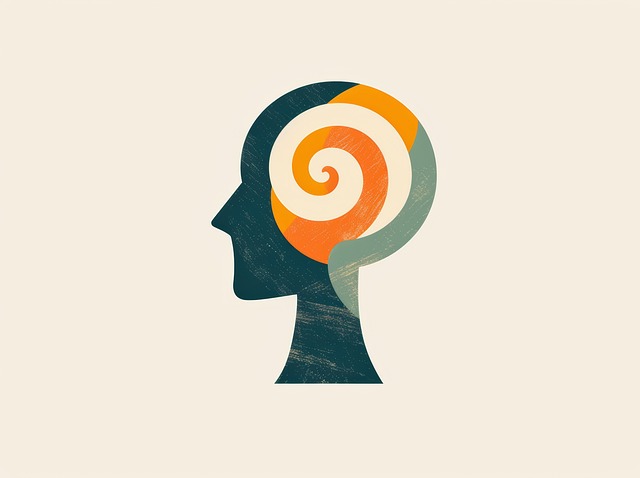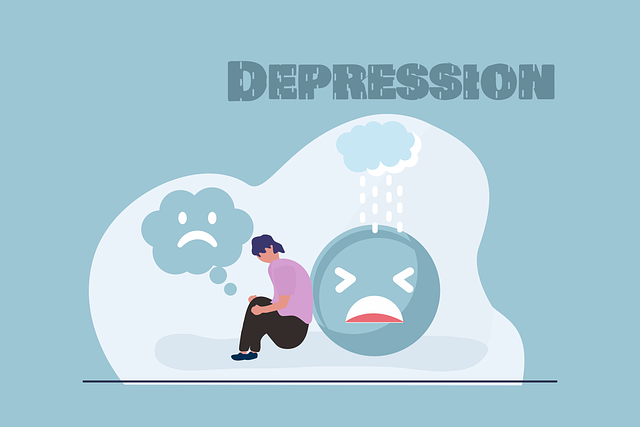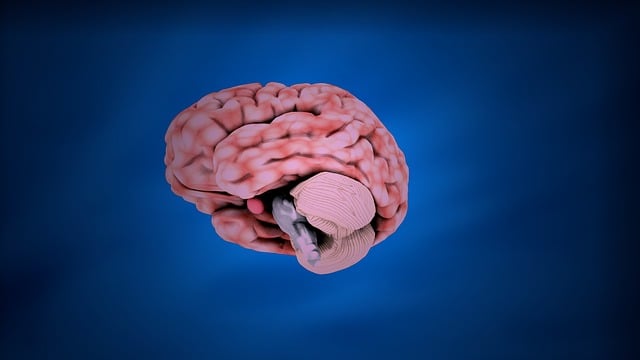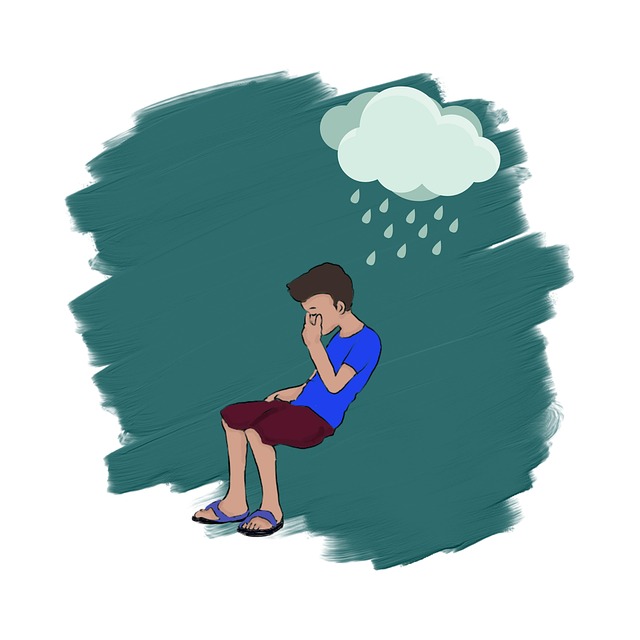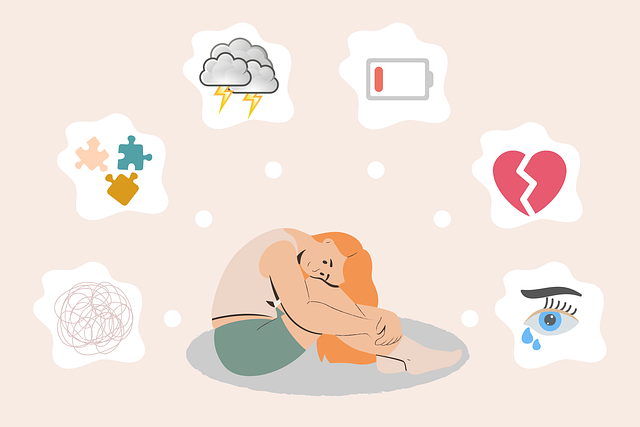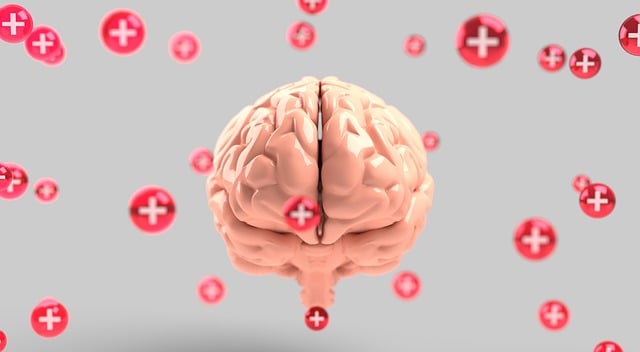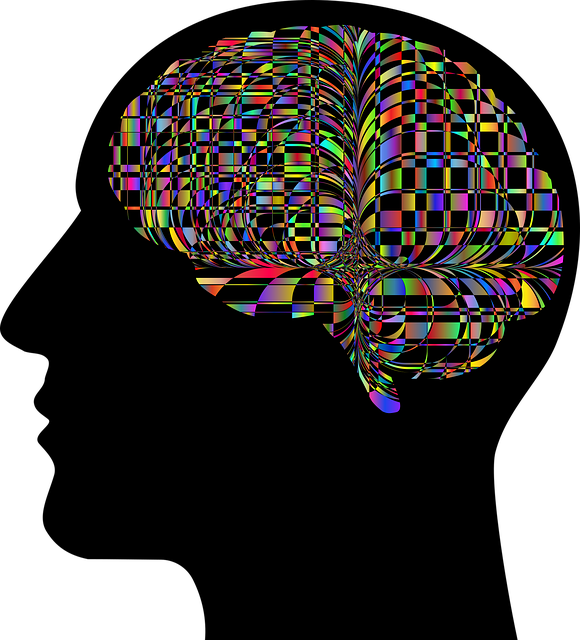Greenwood Village Conduct Disorder Therapy is an evidence-based approach for youth aged 5–18, addressing aggressive or violating behaviors by teaching coping skills and stress reduction techniques. This holistic method focuses on resilience, emotional intelligence, and individual strengths to create safe spaces for healing. By integrating exercises like conflict resolution and mindfulness meditation, the program enhances emotional regulation, reduces stigma, and prevents long-term issues such as substance abuse or criminal behavior. Tailored mental health education programs focused on resilience are crucial for successful outcomes, fostering self-awareness and sustainable coping strategies. Case studies demonstrate the effectiveness of this approach in achieving remarkable improvements in overall well-being.
In today’s digital era, addressing youth conduct disorders is more crucial than ever. The article delves into innovative strategies, focusing on the Greenwood Village Conduct Disorder Therapy approach that integrates RFM (Resources, Strengths, Motivators) principles and resilience-building exercises.
Exploring these methods not only enhances therapeutic outcomes but also empowers young individuals to navigate challenges. Through case studies, we’ll examine the effectiveness of this holistic approach, providing insights into transforming lives and fostering resilience. Discover how Greenwood Village is revolutionizing conduct disorder therapy.
- Understanding Conduct Disorder and its Impact on Youth
- The Role of RFM (Resources, Strengths, and Motivators) in Therapy
- Greenwood Village Conduct Disorder Therapy Approach
- Implementing Resilience-Building Exercises: Strategies for Success
- Case Studies: Measuring the Effectiveness of RFM and Resilience Training
Understanding Conduct Disorder and its Impact on Youth

Conduct Disorder (CD) is a serious mental illness characterized by persistent and repetitive behaviors in which the rights of others or societal norms are violated. This disorder often emerges during childhood or adolescence, significantly impacting young individuals’ social, academic, and emotional well-being. Without proper intervention, CD can lead to long-term consequences such as substance abuse, criminal behavior, and difficulties maintaining healthy relationships.
In Greenwood Village, Conduct Disorder Therapy plays a pivotal role in empowering youth to cope with their symptoms and improve overall functioning. Through evidence-based practices, therapy focuses on teaching effective coping skills and stress reduction methods, addressing the underlying causes of CD. Additionally, these therapeutic approaches aim to alleviate the Mental Illness Stigma Reduction Efforts, fostering a supportive environment where young people can heal and develop resilience.
The Role of RFM (Resources, Strengths, and Motivators) in Therapy

In Greenwood Village Conduct Disorder Therapy, understanding a client’s Resources, Strengths, and Motivators (RFM) is paramount to tailoring effective treatment strategies. RFM acts as a compass, guiding therapists through the complex landscape of individual needs and challenges. By identifying resources—be they internal strengths, external support systems, or coping mechanisms—therapists can leverage these to foster positive change. For instance, a client with strong emotional intelligence might utilize this skill to regulate emotions during sessions, enhancing engagement and progress.
Moreover, recognizing and capitalizing on motivators drives treatment goals. What ignites a client’s desire for change? Is it improved relationships, enhanced self-esteem, or achieving personal milestones? Incorporating these motivators into therapy sessions creates a sense of purpose and direction. For example, integrating conflict resolution techniques can address underlying interpersonal issues while also tapping into the client’s motivation to build healthier relationships. This multifaceted approach, centered around RFM, not only strengthens resilience but also promises lasting results in managing conduct disorders as seen in Greenwood Village mental health practices.
Greenwood Village Conduct Disorder Therapy Approach

The Greenwood Village Conduct Disorder Therapy Approach is a holistic method designed to address and modify challenging behaviors in individuals with conduct disorders. This therapeutic framework recognizes that improving mental wellness involves more than just treating symptoms; it focuses on fostering resilience and emotional intelligence. By integrating various exercises and techniques, this approach aims to help clients develop better emotional regulation skills, which are essential for managing impulses and making positive decisions.
In the context of a Mental Wellness Podcast Series Production, discussing these therapeutic approaches can enrich content related to emotional well-being. The Greenwood Village method encourages individuals to navigate their emotions and behaviors in a supportive environment, promoting self-awareness and coping strategies that can be shared through engaging podcast episodes. This not only informs listeners about conduct disorder therapy but also offers valuable insights into enhancing overall mental wellness and emotional regulation.
Implementing Resilience-Building Exercises: Strategies for Success

Implementing resilience-building exercises requires a strategic approach to ensure success, especially in settings like Greenwood Village Conduct Disorder Therapy. One key strategy is to integrate these exercises into existing therapy programs, making them an integral part of the treatment process. By incorporating resilience training alongside traditional therapeutic techniques, therapists can provide comprehensive support for clients’ mental health development. This integration allows for a more holistic approach, addressing not only the symptoms but also fostering long-term coping strategies.
Additionally, designing mental health education programs that focus on building resilience can empower individuals to navigate challenges effectively. These programs should be tailored to suit different demographics and individual needs, promoting self-awareness and emotional regulation skills. Regular practice and consistent reinforcement of these exercises are vital for sustainability. Incorporating activities like mindfulness training, stress management techniques, and social support networks can significantly contribute to preventing burnout and enhancing overall well-being, as evidenced by effective mental health education programs design.
Case Studies: Measuring the Effectiveness of RFM and Resilience Training

Case studies have demonstrated the significant impact of RFM (Resilience, Flexibility, and Mindfulness) and resilience-building exercises on individuals facing challenges such as conduct disorders. Greenwood Village Conduct Disorder Therapy, for instance, has seen remarkable results through implementing these strategies. The program focuses on teaching participants mindfulness meditation techniques to enhance their ability to manage stress and anger, fostering inner strength development. By combining this with positive thinking exercises, the therapy equips clients with valuable tools to navigate difficult situations, improve emotional regulation, and build resilience.
These interventions have proven effective in not just reducing symptoms but also in promoting overall well-being and personal growth. The success stories from Greenwood Village serve as a testament to how tailored resilience training can revolutionize support systems for at-risk populations. By integrating these practices into therapeutic routines, professionals can help individuals develop coping mechanisms that will benefit them both short-term and long-term.
The implementation of RFM and resilience-building exercises, as exemplified by Greenwood Village Conduct Disorder Therapy, offers a comprehensive approach to addressing conduct disorder in youth. By focusing on resources, strengths, and motivators, this method enhances traditional therapy techniques, fostering resilience and positive behavior changes. Case studies highlight the effectiveness of these strategies, demonstrating improved outcomes and increased coping abilities among participants. Incorporating resilience-building activities into treatment plans can revolutionize how we support at-risk youth, providing them with the tools to navigate challenges and thrive in their communities.
